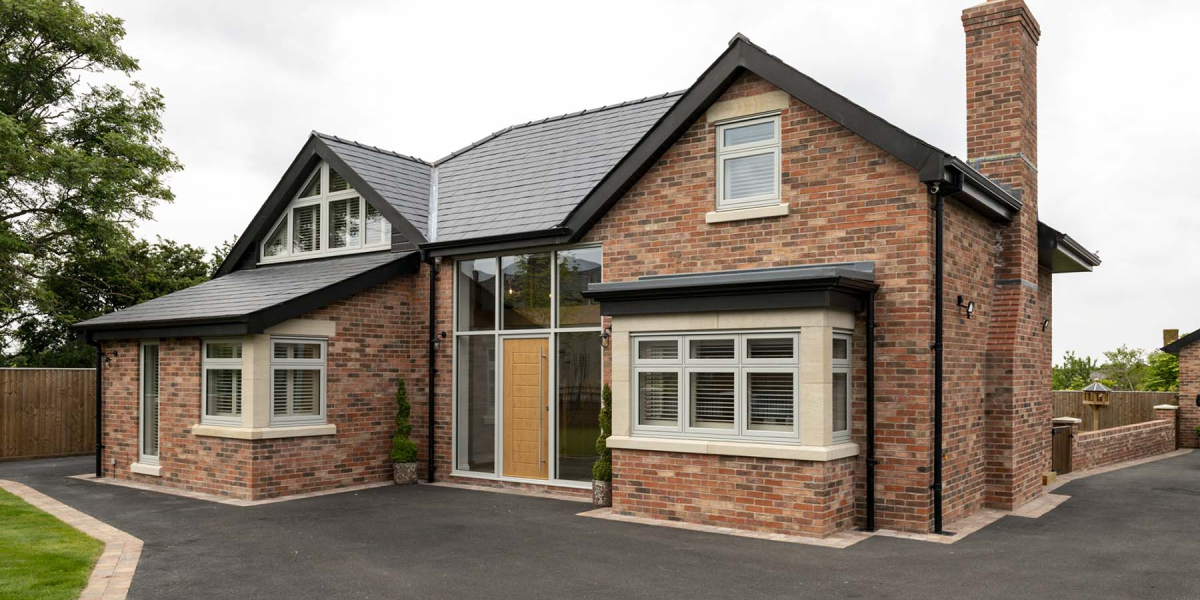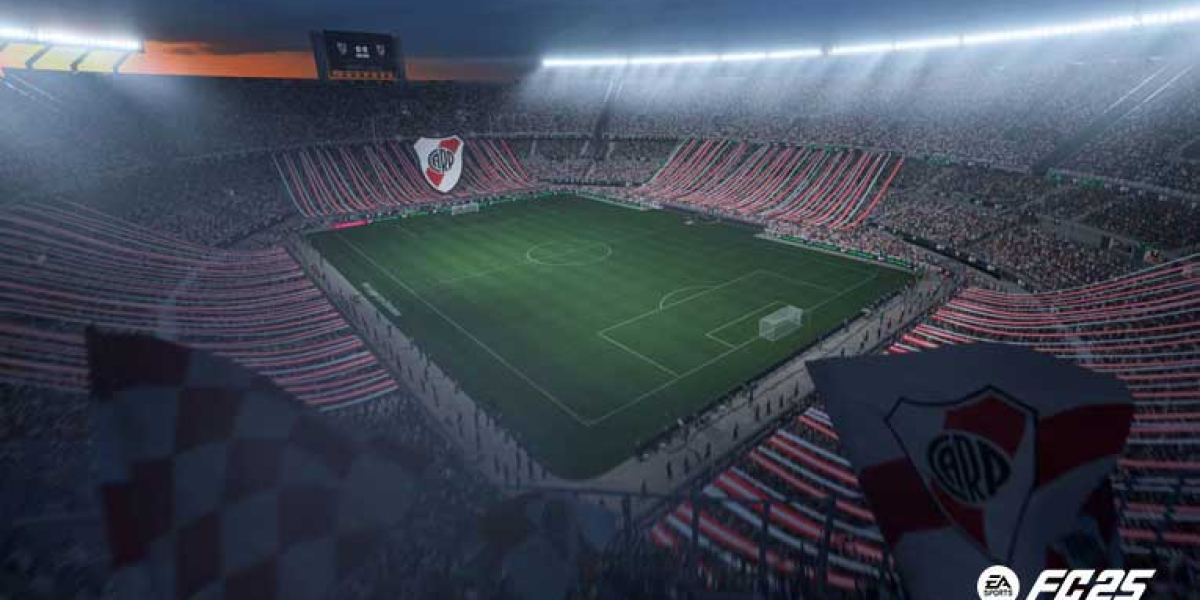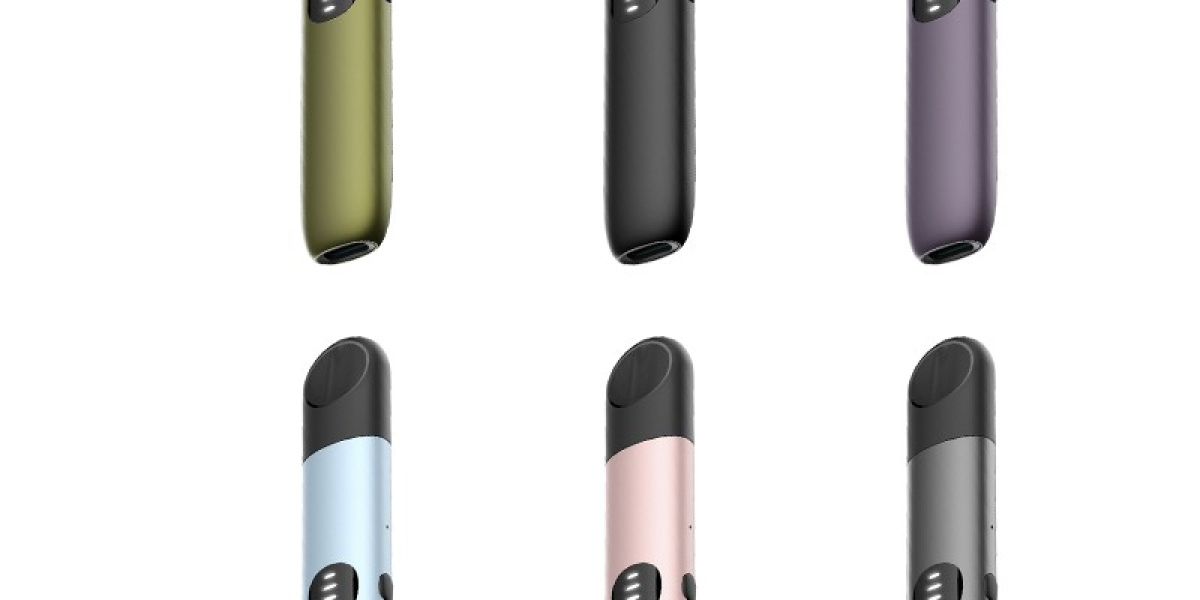In the realm of modern lighting solutions, dali controllers have emerged as a pivotal technology. Originally designed for basic lighting control, these devices have evolved significantly, paving the way for advanced smart home integration. This article delves into the journey of DALI controllers, highlighting their features, benefits, and future potential.

Understanding DALI Controllers
DALI, or Digital Addressable Lighting Interface, is a protocol that allows for the control of lighting systems. DALI controllers facilitate communication between various lighting fixtures, enabling users to manage their lighting environments with precision. But what exactly makes these controllers so essential?
- Flexibility: DALI controllers support a wide range of lighting fixtures, making them suitable for diverse applications.
- Addressability: Each fixture can be individually addressed, allowing for tailored lighting solutions.
- Two-way communication: This feature enables real-time feedback from fixtures, enhancing control and monitoring capabilities.
The Transition from Basic Control to Smart Integration
Initially, dali controllers were primarily used in commercial settings, such as offices and retail spaces. However, as technology progressed, the demand for smarter, more integrated systems grew. This shift has led to the incorporation of DALI controllers into smart home ecosystems.
How has this transition impacted users? With the integration of DALI controllers into smart home systems, users can now:
- Control lighting remotely via smartphones or tablets.
- Automate lighting schedules based on personal preferences.
- Integrate lighting with other smart devices, such as sensors and security systems.
Benefits of DALI Controllers in Smart Homes
The advantages of using dali controllers in smart homes are manifold. They not only enhance convenience but also contribute to energy efficiency. By allowing users to tailor their lighting needs, DALI controllers can significantly reduce energy consumption.
Moreover, the ability to create personalised lighting scenes can improve the overall ambience of a home. For instance, a user might set a soft lighting scene for movie nights or bright lighting for reading. This level of customisation is a key selling point for modern homeowners.
Future Prospects of DALI Controllers
As the demand for smart home technologies continues to rise, the future of dali controllers looks promising. Innovations in IoT (Internet of Things) and AI (Artificial Intelligence) are likely to further enhance the capabilities of these controllers. For instance, imagine a system that learns your lighting preferences and adjusts automatically. Such advancements could redefine how we interact with our living spaces.
In conclusion, the evolution of DALI controllers from basic lighting control to smart home integration exemplifies the rapid advancements in technology. As we move forward, these controllers will undoubtedly play a crucial role in shaping the future of lighting solutions.
For more detailed insights into dali controllers and their applications, visit .








